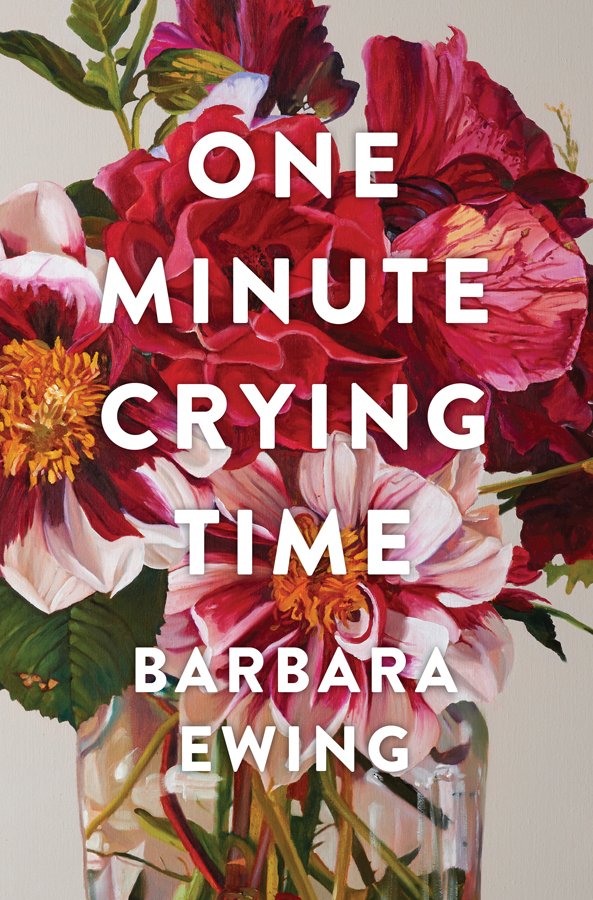Recent memoirs by New Zealand writers have set a high bar. Linda Burgess, Diana Wichtel, Adam Dudding, and personal essayists Ashleigh Young and Rose Lu have all produced writing that is beautifully executed, emotionally courageous and evocative of time and place. Does Barbara Ewing’s One Minute Crying Time reach that bar? Almost, but not quite.
The memoir begins in 1951, when Ewing was seven years old, and ends in 1962, when she is on the ship that will take her from New Zealand to England, to start what will become a long, distinguished career in acting. A good portion of the content is lifted straight from diaries that Ewing kept diligently from childhood. Sifting through them was a huge task: twenty-four notebooks, over two thousand entries, ‘and I’ve had to read every single bloody day of them!’.
Ewing presents the selected diary entries unedited, complete with spelling mistakes and youthful naivety and bewilderment. The diary writing has a spirited charm, but by keeping her commentary to a minimum, Ewing requires the reader to do much of the heavy lifting of analysis and interpretation.
This is most pronounced in the first two-thirds of the book, when we are whisked through events with such speed and apparent randomness that it’s rather like the boat-ride scene in the movie Willy Wonka and the Chocolate Factory, where images flash past, some bizarrely shocking — was that a chicken being beheaded? — and are gone before you can react. Straight after telling us what comics she used to read, Ewing reveals that her mother, Jean, ‘was found to have a genius IQ…and was sent, aged fifteen, to Victoria University to study for a science and maths degree [but] she had a breakdown and left.’ Between a description of the dental clinic and a boy who smiles at her ‘charmingly’, Ewing accidentally jumps on a kitten: ‘I saw its squashed insides’. These and other startling revelations are dispatched with casual brevity, causing this reader, at least, to shout ‘Wait – what? Tell me more!’
In the last third of the book, the pace is less frenetic, and we get to follow some of the narrative threads for longer. It is engrossing and moving to read about Ewing’s relationship with a young Māori man, and her commitment to learning te reo – both unusual and extremely challenging in the late 1950s. Ewing’s mother initially refused to have ‘a Māori’ in the house.
We also, finally, spend more time with Jean Ewing, that frustrated, bitter, racist woman, perhaps envious of her free-spirited daughter, perhaps convinced that toeing the societal line was the only way a woman could be protected from disgrace. Ewing describes her mother’s behavior, but skates over an analysis of its probable cause, which is a shame as this is fertile ground to explore.
Ewing’s life has been fascinating, and there is much to relish and enjoy in this memoir. But for it to have been completely satisfying, we needed greater access to Ewing’s heart and head. We never truly get to know her, and while you can respect an author’s desire for boundaries, it’s the deep emotional truths that resonate best and longest. A few more layers down, and Ewing might have struck pure gold.
This review was originally published on the Academy of NZ Literature site.



